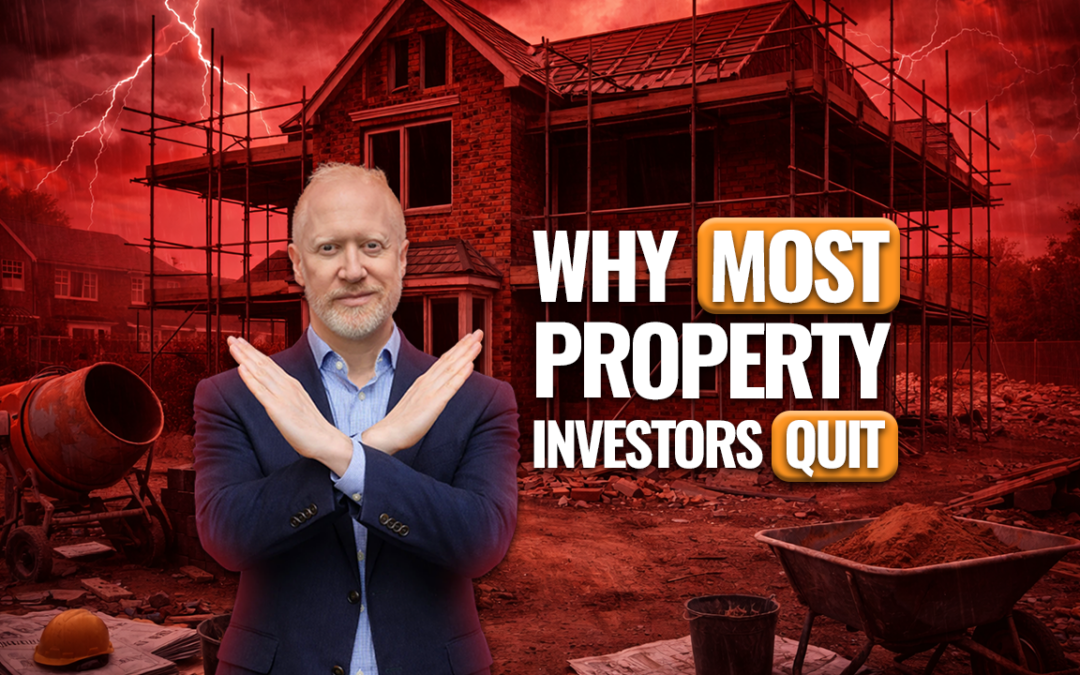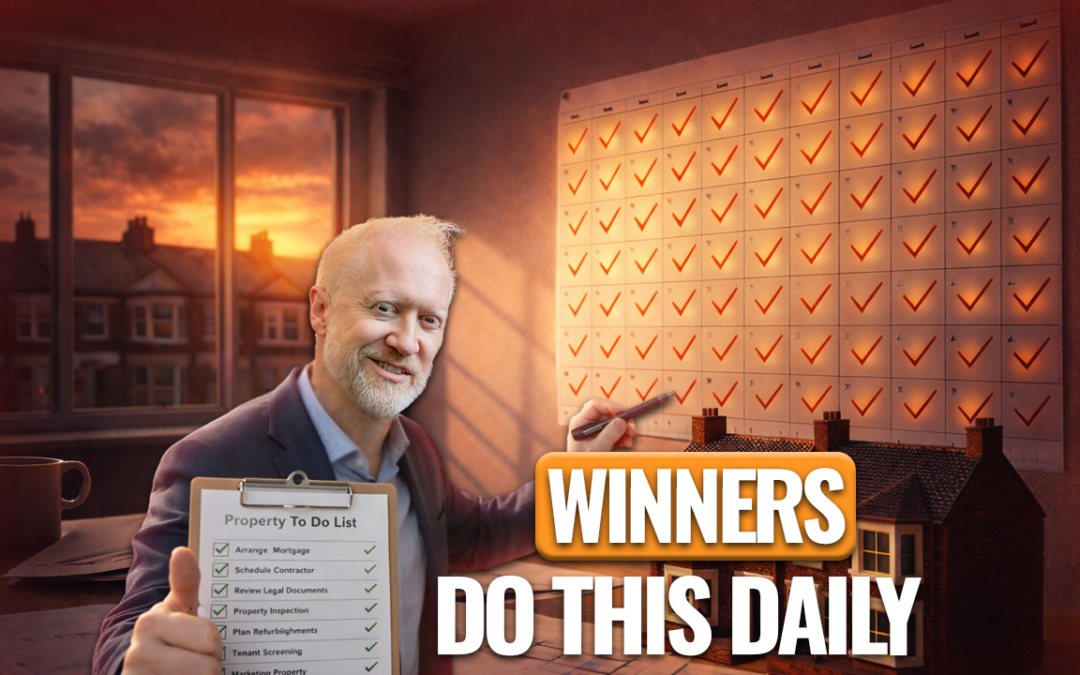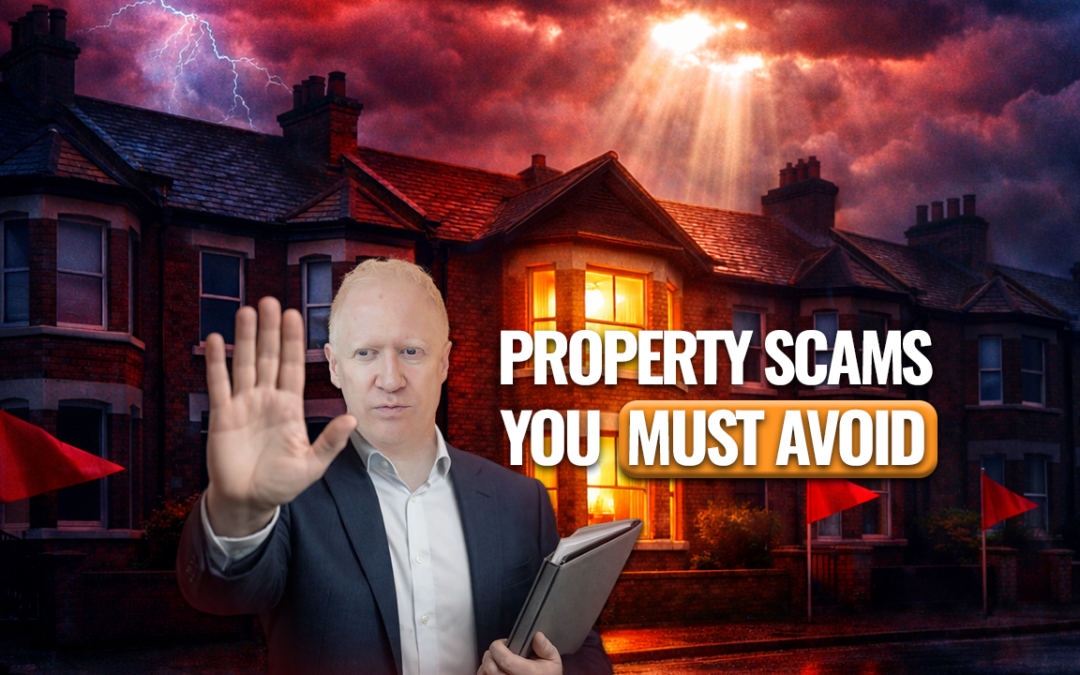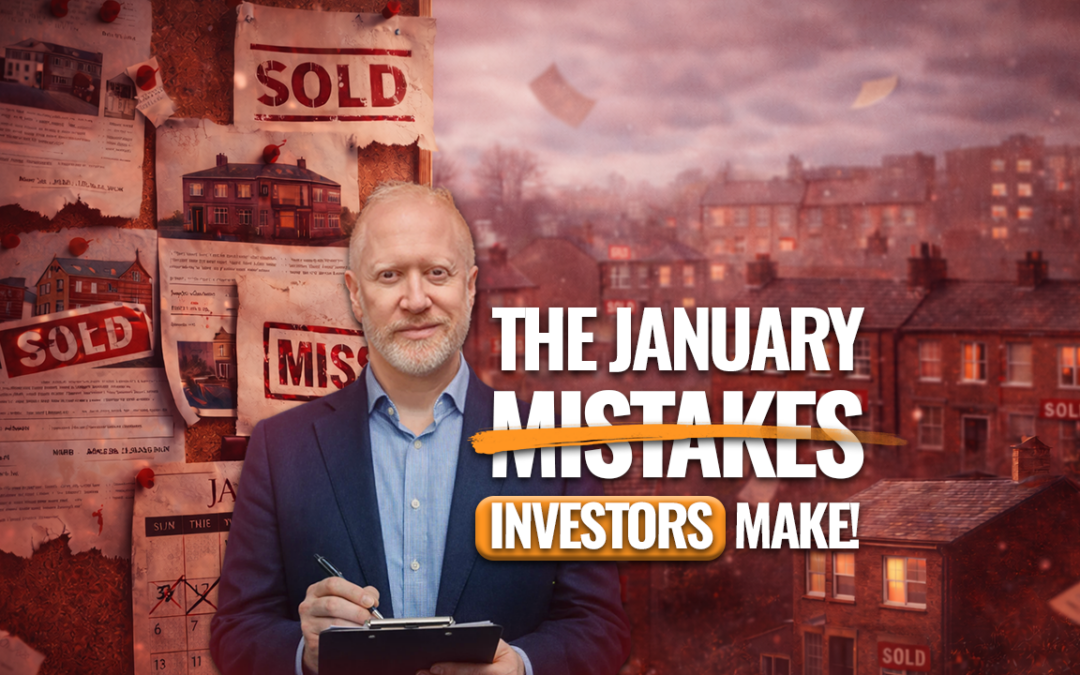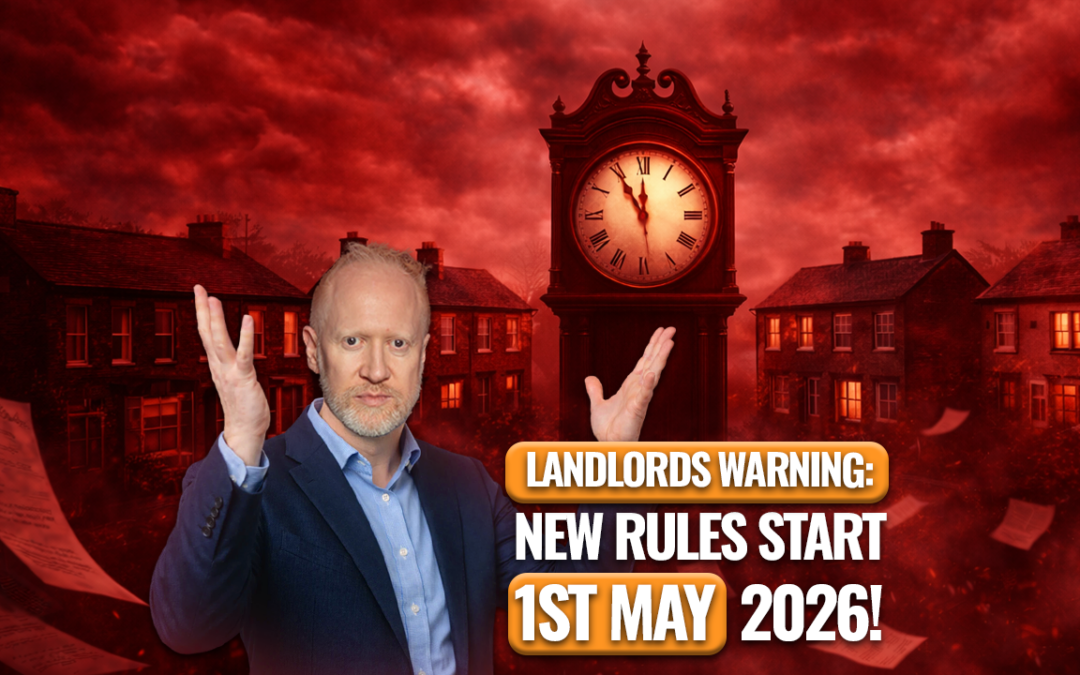This is one particular strategy that I have been using since 2007. I believe it is one of the best strategies to use, particularly in the current market conditions. But a purchase lease option is also misunderstood and overlooked as a strategy. As I don’t want you to miss out on using it, I am going to explain what you need to know. To keep it simple, I’m going to start by underlining its main elements:
- An Option is the right to buy, but not the obligation to do so, at a fixed price, within a certain time period.
Taking this one step further, a Purchase Lease Option (PLO) is the same as a Purchase Option, with the additional benefit of:
Being able to use the assets in return for a monthly lease (rental) payment.
What this means is that you can control a property and gain a rental income from it, without the need for the usual 25% deposit or even a mortgage!
This can be extremely attractive to anyone who wants to invest in property, but is unable to obtain a mortgage and / or does not have a large deposit.
How To Spot A Potential Purchase Lease Option
There are two parts to the specific criteria to look at, which will help you identify potential PLO deals.
The first and most important criterion is that the vendor doesn’t need money from the sale of the property. Most people selling a property are doing so, as they actually do require the money for something. If that’s the case, then a purchase lease option would probably not be suitable for them. This is because with the Option they are not going to receive the money they need now.
If, however, they are selling the property because they don’t want it, and they don’t need the cash from the sale – then a PLO would be a viable solution.
“PLOs work really well when there are properties for sale in the open market with no equity, or are in negative equity.”
PLOs work really well when there are properties for sale on the open market that have no equity, or are in negative equity, whereby the mortgage debt is higher than the value of the property.
The second criterion to look at is what I call ‘Favourable Mortgage Conditions’. To meet these conditions, the owner’s mortgage should ideally be on a relatively low interest rate. You want as many of these as possible:
- A Low Interest Rate
- A Buy to Let Mortgage
- An Interest Only Mortgage
- A Long Term Left On the Mortgage
- Or Even, No Mortgage At All

The Easiest Way To Find Purchase Lease Options
How do I find vendors who would be happy to grant me a PLO on their property? A successful strategy would be finding motivated sellers. A Purchase Lease Option would be an appropriate solution for them.
Having said this, I want to highlight two particular types of motivated sellers for whom PLOs could work really well.
- First, someone who has a property listed with an estate agent and letting agent at the same time. This would suggest that the vendor probably wants to sell , but is struggling to do so. They are then prepared to rent until they can sell. This is exactly what you are proposing with a PLO. You will pay them a monthly rent until you can buy it at some point in the future.
- Second, the tired or retiring landlord, who no longer wants the hassle of their BTL property. I find this type of vendor may be more open to creative solutions than the average motivated seller. You can find these landlords by looking in the newspapers, or online for those who are renting their properties. You may even meet them at property networking events.
What To Say To Property Owners?
When speaking to a vendor, never use the words “Purchase Lease Option”, or PLO. Most people will have no idea what you’re talking about.
You need to keep the language really simple, make sure you understand their problem. After this you then demonstrate how you can solve their problem.
There are two simple questions you can ask the property owner to determine if they consider granting you a PLO on their property.
- Would you be interested in renting your property on a long-term let for between 3 to 5 years?
- Would you be interested in selling the property to me at some point in the future?
If they answer yes to both of these questions, then there is a good chance that PLO could work. Then it comes down to a matter of negotiation around the purchase price, the length of the option and the monthly payment.
“A huge benefit of you doing a PLO is that you have the right to buy, but not the obligation to do so.”
What About Legal Contracts?
To make the PLO agreement legally binding, you need to pay a financial consideration to the seller. This is in return for the Option to Buy. The option fee is usually just £1, but can be much more depending on the nature of the deal.
A huge benefit of doing a PLO is that you have the right to buy, but not the obligation to do so. But the vendor is contractually obliged to sell to you, if you want to exercise your Option to Buy.
This could cause some potential problems. Imagine you help a motivated seller who is now desperate to get rid of their property.
You then take on the responsibility to pay their mortgage and have the right to buy in five years. This is also at the current market of £200k. In five years time that property could increase in value to say 270k. The vendor may realise the property has gone up so much in value. They could then decide that they don’t want to sell the property for just £200k.
PLO contracts are legally binding, and vendors are all too happy to sign. But I predict that in the very near future there could be “no win, no fee” solicitors. They will help vendors who feel that they have been ‘ripped off’ by unethical investors.
They will be delighted to help vendors get out of these agreements. This is because they may seem “unfair”. Take precaution so that you can minimise the risk of this happening to you. Ensure that you and the vendor both obtain independent legal advice. This means that everyone should understand exactly what they are committing to.

